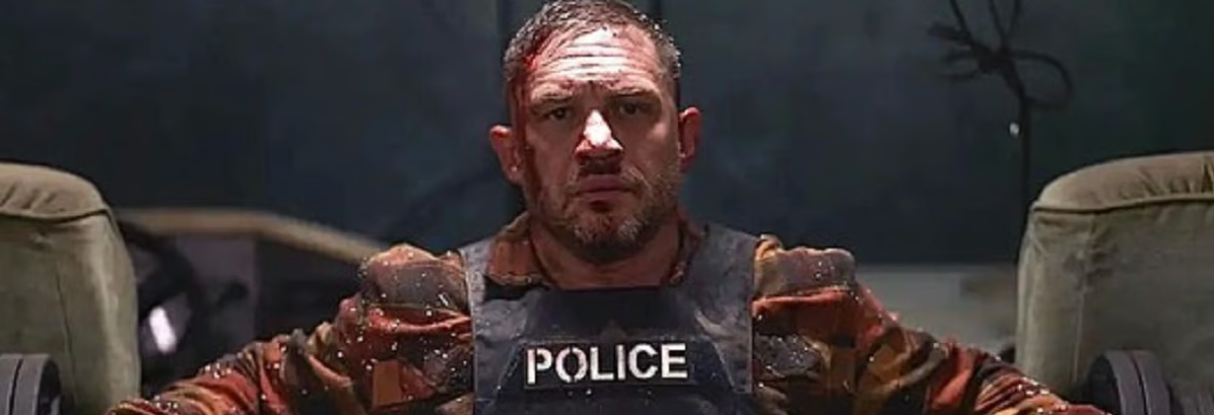Francis Ford Coppola is currently in prep mode on his next film, “Glimpses of the Moon,” a 30s-style musical that sounds like the complete polar opposite of “Megalopolis.”
Coppola was a guest on Rick Rubin’s Tetragrammaton podcast and confirmed that he’s currently firmly installed in the UK and in pre-production mode on ‘Glimpses.’ However, Coppola, who invested over $100M of his own money on “Megalopolis,” admits in the interview that he doesn’t have any money to make ‘Glimpses,’ which will still get made, but for “cheap”:
It’s as though Noel Coward adapted an Edith Wharton novel in England which is why I’m here in the UK. I’m actually in pre production. I don’t have any money because I invested all the money, that I borrowed, to make Megalopolis. It’s basically gone. I think it’ll come back over 15 or 20 years, but I don’t have it now. So I don’t have any money. I have to do this film very cheap which is what I’m doing.
Oddly enough, as recently as late December, Coppola had told The Washington Post that ‘Glimpses’ ”wouldn’t be cheap by any means.” Now, it turns out, it’s actually going to be “very cheap.” Sounds like plans have changed in terms of how this film will get shot.
The filmmaker risked it all with “Megalopolis” and lost his bet. It doesn’t sound like he cares all that much, but it has to sting knowing that an audience failed to show up for the film. The film is said to have had well over $100M in losses.
Coppola goes on to state that he’s currently installed in an English house which was borrowed to him by the good graces of a “guy I met in Tulsa.” He doesn’t mention which actors have been cast.
‘Glimpses’ will be an adaptation of Edith Wharton’s novel of the same name, and “inspired” by Leo McCarey’s “The Awful Truth.” Both deal with married couples amicably splitting up only to find it harder to let go of each other than they initially thought.
Coppola adds that he’s already briefly shot some scenes for ‘Glimpses,’ which he says has “a script filled with Noel Coward songs,” and replaces the “weak ending” of Wharton’s novel.






